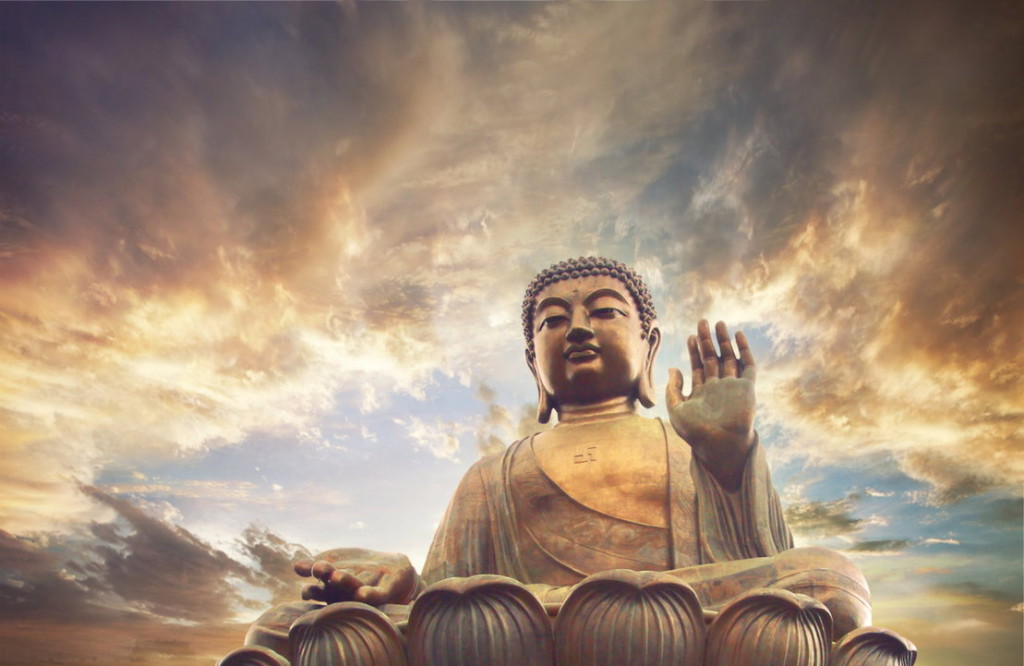Are humans inherently good or evil? This question lies at the beginning of many inquiries into the nature of our existence.
Generally, I think humans have a tendency to act in ways that we would consider to be good; however, an abusive family, oppressive society, or traumatic life experiences can damage people to the point where they become fearful, angry, and finally violent.
In essence, this philosophical question is flawed by its construction. It’s a false dichotomy. Humans are neither inherently good or evil. Humans simply “are.” Whether they “choose” to be good or evil depends on many factors.
Violence between societies is largely due to tribalism and its modern incarnation of nationalism, which results from an incorrect perception of the nature of “self” and reality. People view “foreigners” as “others,” and become fearful of them. This is especially true if they were raised in a close-minded, insular community.
Traveling helps re-program your brain. You immerse yourself in new experiences, people, cultures, and landscapes. You realize that all humans are fundamentally the same. Mostly good, some assholes. The boundaries between nations are, like the boundaries between each other, illusory.
Moving Beyond the Duality
As Alan Watts remarked, “Self implies other. Black implies white. Life implies death, or rather death implies life.” With that he refers to the Buddhist concept of rebirth, but you need not believe in rebirth to understand that on the global scale, life and death are just two parts of an ongoing evolutionary process of adaptive transcendence.
It is only through others that you can truly see and understand yourself, because you’re an ever evolving pattern; a process that’s co-created between you, the people you interact with, and your physical environment. As the Beatles sung so famously, “I am he, as you are he, as you are me, and we are all together.” Paul McCartney and John Lennon could not have written those words without each other. Their paths, their karma, would have been different.
What we know from science and Buddhism is that meditation literally changes your brain and tends to improve your capacity for compassion. It allows you to purposefully re-wire yourself to change how you live your life, since you expose the hidden mental scripts that dictate your behavior and reactions. This allows you to slowly replace negative criticisms with positive affirmations, or better yet, pure genuine self-expressions. When you live authentically in the present moment, your actions exude kindness and skill mastery with that special flare that makes you unique.
Mastering the Game of Life
There are ways of hacking the brain to achieve some of the benefits and revelations of deep-meditative experiences without becoming a master of meditation. Historically though, Buddhist practice almost always coincided with mastery of a skill: playing an instrument, chanting, writing literature or poetry, painting, etc. Just look at all the amazingly beautiful zen poems and paintings created throughout history. Without skill mastery, it can shock you to your very core when you learn that life is just a game.
Once you realize that life is a game we’re all playing, you’ll want to play it well to maximize your fun. The most fun way to play this game is by leveling up in activities that make you feel so alive that you experience an overwhelming appreciation for the beauty and wonder of all life. Others long to experience this amazing feeling and can do so vicariously through your work. Will you create a revelatory insight of new knowledge, a painting of an awe-inspiring scene, or a shared experience of mutual adventure and enlightening conversation?
Perhaps you’re a photographer or a stylist who draws out the beauty and power in others that they’ve never seen in themselves. You’re empowering others while having fun and honing your craft.
Regardless of the form you choose for your creation, as you start to master your craft, people will pay you for your unique expressions. Your work is valuable, and it allows others to share in the wonder that you’ve discovered. Once you’ve turned your play into pay, you can continuously immerse yourself in activities that bring you bliss.

